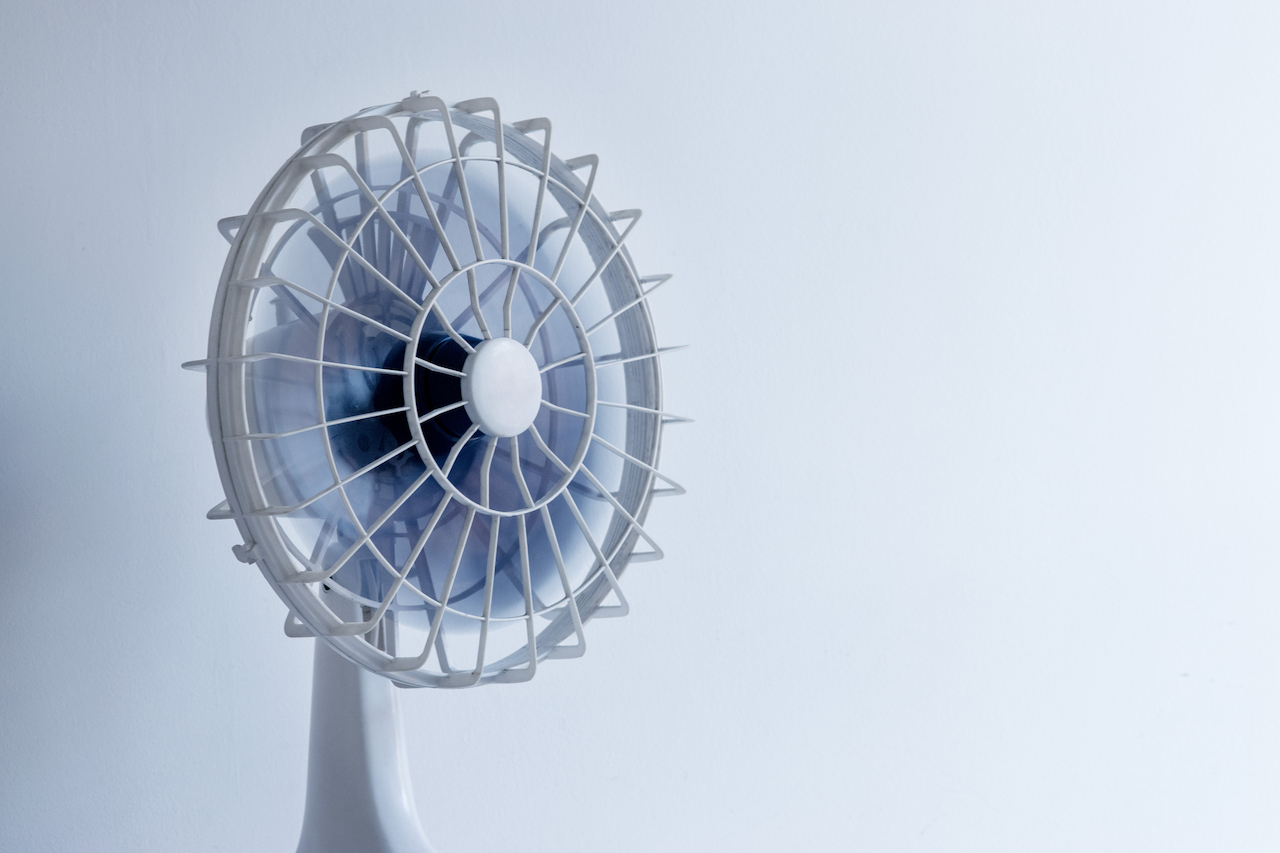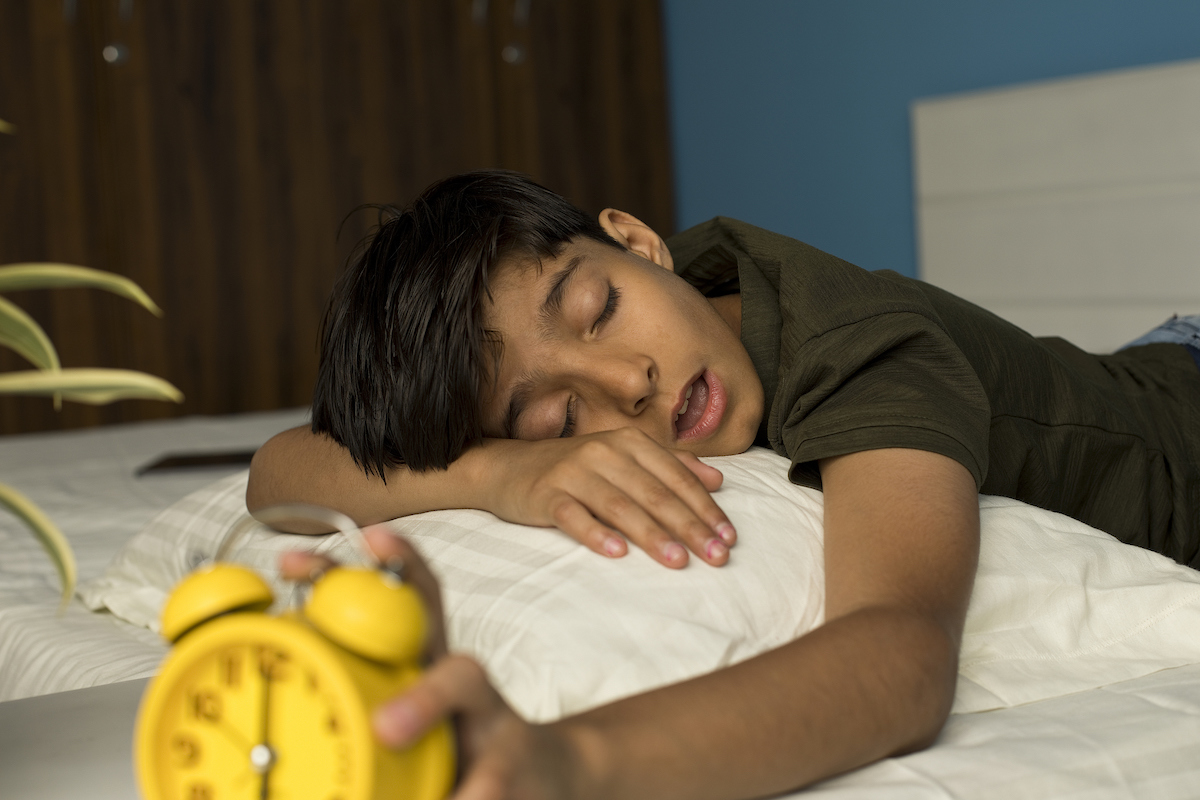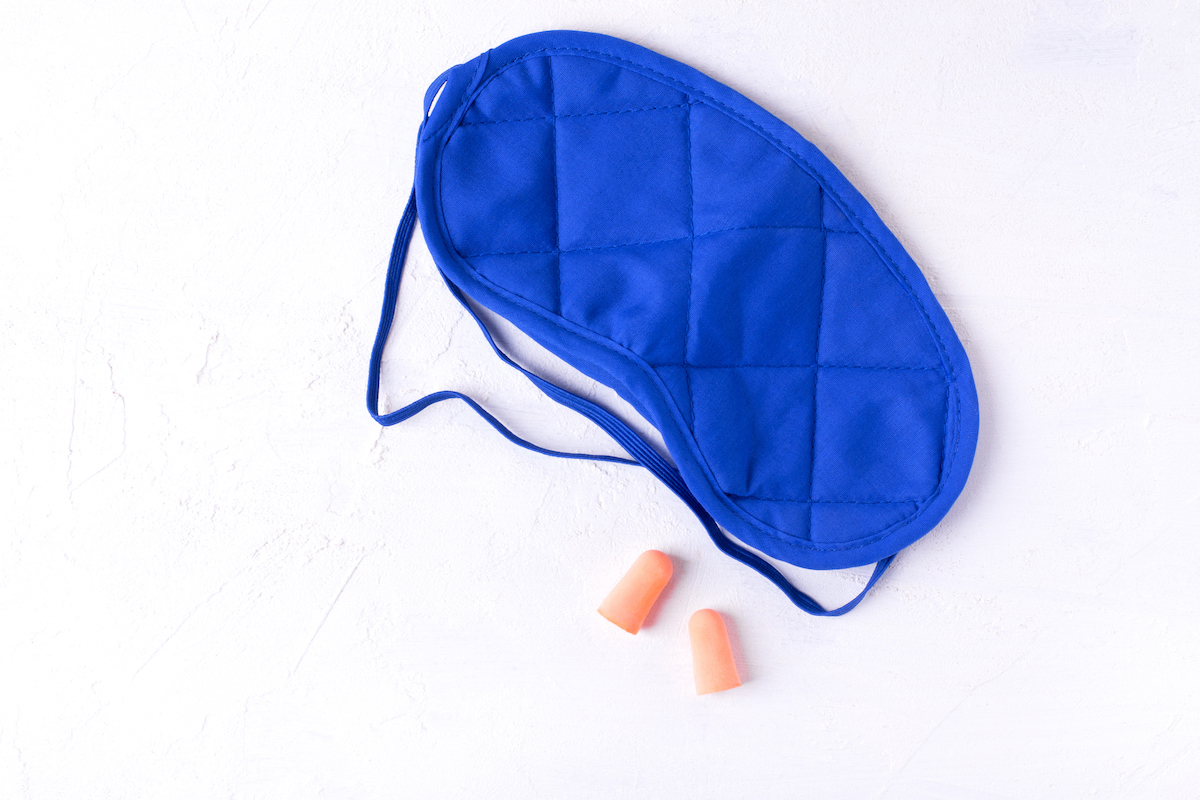There are few things in parenting more likely to provoke strong feelings than sleep training. Online —especially on Instagram — you can see a huge range of feelings. Depending on who you ask, sleep training is either completely necessary to raise a competent child or a sure-fire way to create an attachment disorder. Most of these claims are not evidence-based. In the data, whether you sleep train your child or not does not drive long-term outcomes.
I’ve written about this extensively before, in Cribsheet and in this ParentData post. There, I focused on the number one question that people ask: Will sleep training damage my baby and ruin our attachment? The answer is no. I discuss an extensive array of randomized trials that follow kids up to early childhood and evaluate both child and parental functioning. Overall, sleep training programs improve infant sleep, lower parental depression, and seem to have no long-term impacts on children.
This post is not about those questions. It is, instead, about the sleep training details. Many people are sold on the idea of sleep training, but then there is the how? When do you start? Is there a better method?
These questions are not answered with large randomized trials, I am sorry to say. You could imagine such a study — recruit people, randomly encourage some to sleep train at three months, some at six, some at nine, and follow their success and their children over time. It’s not that it would be impossible to do it, but a really good study like this would take a long time and be expensive. Funding for such studies in general pediatrics is not great. In addition: based on what we do know, it seems unlikely that there would be any very large differences. This means that either you need a huge sample size or you would find nothing.
In lieu of this, we can ask for a “second best”: at least an understanding of what other people do. Today I will surface some new data on that question. First, from a recent study based on people using a sleep monitor. And second, from a survey I ran of you all. Will this tell you precisely what you should do? No. But it will give a sense of how others are implementing sleep training, and I’ll try to bring it together with some thoughts at the end.
Note: If you are not a parent or a regular reader of this newsletter, “sleep training” as colloquially used refers to using some kind of “cry-it-out” approach to encouraging babies to fall asleep on their own. Researchers tend to call these “behavioral sleep interventions,” or BSIs. For today, we’ll go with “sleep training.”
Quick theory on sleep training
A general piece of advice you can find around the internet is that it’s good to wait until four to six months for sleep training, since that is the age at which babies can better self-soothe (suck on their hands, etc). This may have some theoretical basis, but there isn’t some written-in-stone tablet that says that four months is a magic moment when this will be possible/easier. Plenty of advice suggests earlier (the Tribeca Pediatrics network famously pushes sleep training at eight weeks) and other people say wait (or never do it).
Babies differ in their temperament as well. We had planned to wait to sleep train Finn, but at about 10 weeks it became completely clear that we were making his sleep worse by rocking him to sleep. The first night we left him alone, he cried for much, much less time than he had the previous nights when we were there.
Bottom line: we can’t really use theory alone here.
Nanit study
The Nanit baby monitor is one of the Teslas of baby monitors. It tracks your baby’s sleep, breathing, etc. No, you do not need it. However, the fact that people own these is a great opportunity for the company to do research on sleep.
In November, this team published a paper in the Journal of Pediatrics with findings from one such study.
For the study, they recruited 2,090 parents of children 3-18 months who used a Nanit. The participants completed a survey about infant sleep, their use of sleep training techniques, and their own sleepiness and depression and parent-infant bonding. The researchers collected data from the monitors to try to evaluate infant sleep objectively. [Note: Unsurprisingly, the sample in this study is disproportionately higher-income and white, relative to the U.S. population.]
The most interesting data, to my mind, is in what parents are doing: 64% of parents report some sleep training, and they do it at an average of 5.3 months of age. The authors distinguish between three approaches: “unmodified extinction” (cry it out without checks), “modified extinction” (cry it out with checks), and “parental presence” (cry it out with parents in the room). Modified extinction was the most common approach (43% of people try it), followed by unmodified extinction (28%) and parental presence (10%).
There are three primary results to pull out here.
First: Modified and unmodified extinction work better than parental presence. They take fewer days (as reported by the parents), and the objectively measured sleep is better for these groups of infants. Unmodified extinction looks slightly better than modified, but those differences are not significant.
Second: These approaches can take longer than some people hope. For both extinction approaches, improvement was seen within nine days on average, but with a wide range. For parental presence, the time to improvement was 15 days on average. This doesn’t mean no one was successful in a few days, but it’s not always immediate.
Third: There doesn’t look to be a large difference in success or outcomes depending on when the sleep training is occurring. Earlier or later than the norm doesn’t matter.
This paper also looks at differences in things like parental depression, exhaustion, and their reports of bonding. The researchers see no differences across groups in these outcomes. They read this as positive in the sense of suggesting no impacts on parent-child bond. This seems like a plausible conclusion, but the reality is the data we already have on this is much better.
Bottom-line findings here: The average age of sleep training is 5.3 months (though with a wide range); it seems to work; and either of the extinction methods are better than the parental presence approach.
ParentData survey
As a second source of data, I crowdsourced information on how you all have done sleep training. Here, I specifically asked for people who had done some sleep training. I asked about the age, about the method, and about your perceptions of success. Importantly, I asked here about all kinds of sleep training — encouraging falling asleep at the start of the night, and also sleeping through.
The survey had about 6,400 responses. [I did not ask about demographics, but this sample likely skews in the same way the Nanit sample does.]
The pie chart below shows the share of people reporting sleep training in each range. Roughly 60% of respondents were in the range of four to seven months. A sizable chunk of people (30%) reported sleep training at ages younger than four months, and a slightly smaller share after seven months. There were people who reported sleep training at under four weeks, but this group was very small.
The methods used also echo the Nanit data, as shown in the chart below. Modified extinction is the most commonly used method — at all ages — and parental presence is the least commonly used.
I was especially interested in perceptions of success. Unsurprisingly for a sample of people who reported sleep training, the overall perception of success was extremely high. On a scale from 1 to 10, where 10 is the highest, the average was 8.7 overall. What I found more interesting is that there was almost no variation across age. Those who sleep trained under 16 weeks averaged their perceived success at 8.9, versus 8.7 for those between four and seven months, and 8.5 after. In other words, at all of these ages, success was high and it did not vary much.
Where there are differences in perceived success is across methods. The parents who reported the “parental presence” approach reported only a 7.6 for average success out of 10, versus 8.6 and 8.7 for the modified extinction and extinction methods.
The bottom line here is very similar to that in the Nanit study. Sleep training age is five months on average, though with a wide range, and there is stronger evidence for success from extinction approaches than parental presence. Oh: and noting that the number one recommendation in the comments was the program Taking Cara Babies.
Tying together
It’s not a big, awesome randomized trial, but I think we do learn something here from these two data sets.
First: People sleep train successfully at a wide range of ages. Four to five months is the average, but plenty of people are doing it earlier or later, and generally with similar levels of success. So there is a lot of freedom to choose your own adventure.
Second: The parental presence approach really doesn’t seem to work well. I do not find this surprising, in part because it is very hard to do consistently. Sleep training is a challenge for many parents, and consistency is key to success. It’s hard to avoid responding when you’re in the room. The most successful approach — though differences are small — seems to be the cold-turkey close-the-door, likely due to the same logic: it’s easiest to follow through on.
I also learned something in reading the comments in the ParentData survey. Many people talked about the huge value sleep training brought them: “Sleep training saved my sanity and marriage!”; “Highly recommend sleep training! It was a godsend for us (parents) and our infant at the time”; “I would literally be dead without sleep training.”
But some people said otherwise: “It amped up my PPA/PPD suffering considerably for months after. The message that this works for all babies if you just ‘do it right’ is toxic and implies that if your baby won’t sleep, you have failed”; “I deeply resent everything I read about this during this time, which basically said if it’s not working, it’s because you’re not being consistent and strict enough and are folding to your weak maternal sympathies.”
This is important to surface. Sleep training can be a great option, but it is not for everyone. Just as people can feel judged for sleep training, they can feel judged for not doing it. Engaging in any parenting behavior because it’s what’s expected of you is not a good idea. If sleep training isn’t for you, then it isn’t for you. Period.
So: Go forward with what works for your family. If that’s sleep training, make a plan and implement it. Hopefully this data is helpful. If it’s not, that’s okay too. Either way, Happy New Year, and happy sleeping.

















